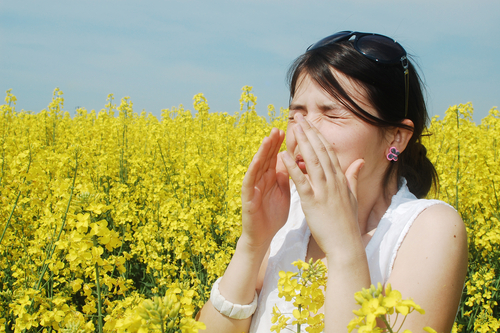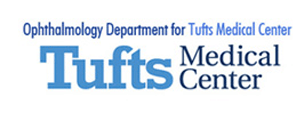
A lot of people suffer from allergies. One of the most common symptoms of allergies is having irritated eyes.
Most people have experienced watery, itchy eyes during certain times of the year. A somewhat less common condition that some people have is dry eye syndrome.
Dry eye syndrome can occur when your eye doesn’t have enough moisture. This is due to not producing enough tears or having low-quality tears.
With dry eye, it can seem impossible to figure out if you have allergies, dry eye, or both. Keep reading to learn more!
Symptoms of Allergies
The primary symptom of allergic symptoms that affect the eye is itching. This will sound familiar if you’ve had allergies in the past!
It starts out with itching and the more you rub your eyes to try and get it to go away, the worse it gets! The eyes may also be particularly red and watery, especially if you rub them a lot.
Allergic conjunctivitis is usually caused by pollen. This is one of the most common allergens. This is why people tend to get allergic conjunctivitis seasonally in the spring.
Symptoms of Dry Eye
Dry eye often causes the eyes to become red and watery, and they may be a little itchy as well. But unlike with allergies, dry eye can also cause a burning sensation. It can also make it feel like there’s grit on the surface of the eye, even when there’s nothing there.
There are a variety of factors that can cause dry eye. If you’re a woman, you’re much more likely to develop dry eye.
This is because of factors like pregnancy, menopause, or birth control pills. These are things that can make your vision change, due to fluctuating hormones. Some people also get dry eye due to dehydration in, particularly hot and dry environments.
Diagnosis
To figure out which condition you have, your doctor will ask what your primary symptom is. If your primary symptom is having itchy eyes, it’s usually allergies.
If your primary symptom is pain and feeling like there’s something in your eye, it’s more likely to be dry eye.
Treatment
Allergic conjunctivitis is usually treatable with over-the-counter antihistamines. If symptoms are particularly severe, steroids may be prescribed as well.
There are a variety of different treatments available for treating dry eye. The best thing a patient can do is keep their eyes lubricated.
Taking lubricating eye drops can help, as can taking certain nutritional supplements. Sometimes, surgical treatment may be necessary.
One treatment is punctal plugs. These plugs are inserted into your tear ducts. Punctal plugs help keep tears in your eyes longer. When tears can stay in your eye, they can deliver the nutrients your eyes need.
Think you might have severe allergy symptoms or dry eye? Still not sure what exactly is wrong? Contact New England Eye Center in Boston, MA today to schedule an appointment! We can help come up with a dry eye treatment plan that will work for you!




